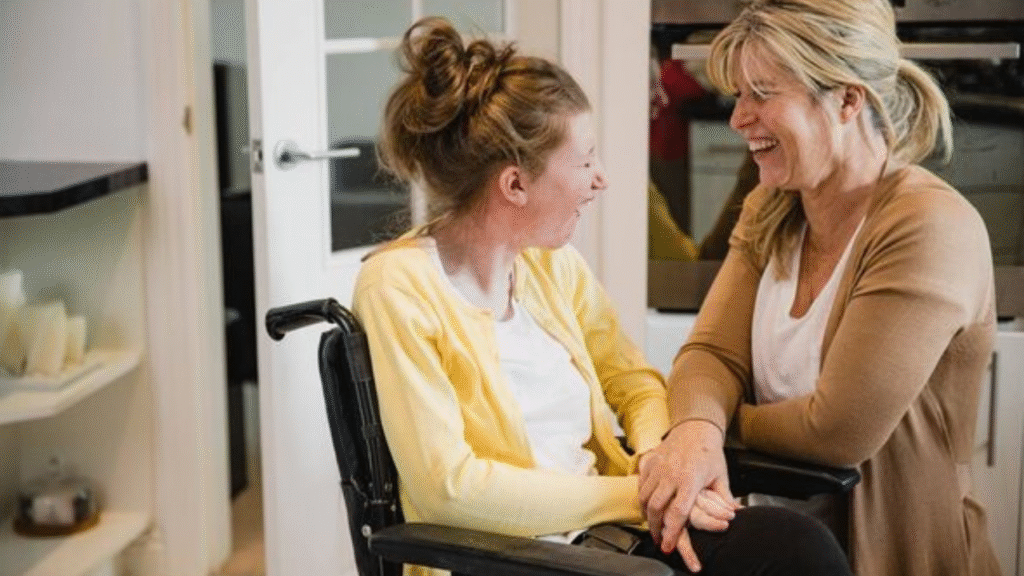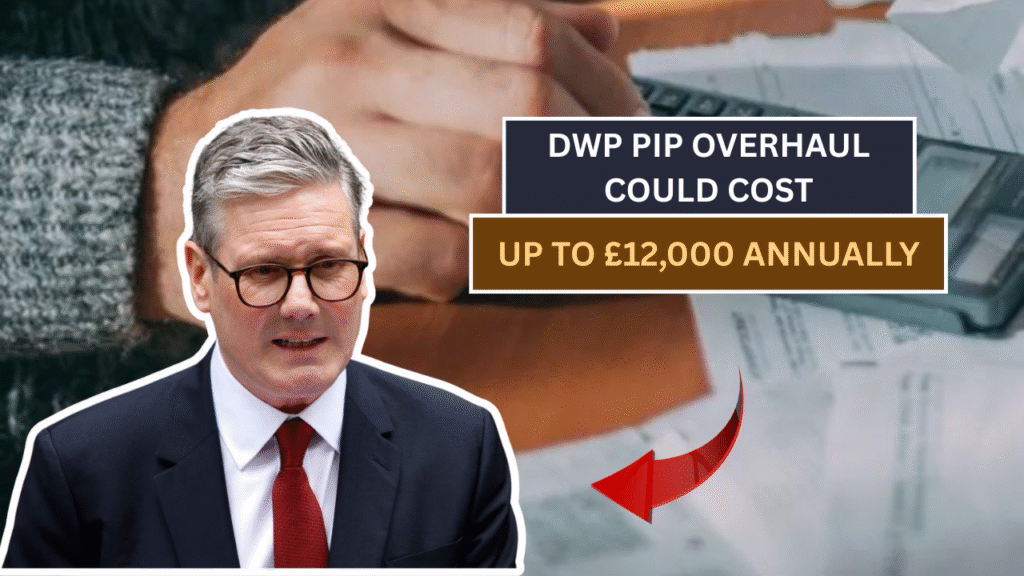Planned reforms to the UK’s Personal Independence Payment (PIP) system could result in significant financial losses for hundreds of thousands of households, with some families facing income reductions of over £12,000 per year. The Department for Work and Pensions (DWP) has outlined sweeping changes aimed at tightening eligibility and reshaping how disability-related benefits are delivered moves that have sparked concern among charities, opposition MPs, and social justice groups.
What’s Changing and When?
Under the government’s proposed reforms, which are set to be introduced in phases from 2026 onwards, major changes will affect how PIP is assessed and how related benefits are awarded.
From November 2026, the PIP eligibility threshold will become more stringent. Currently, applicants can qualify by accumulating points across a range of activities such as preparing food, washing, dressing, and communicating. Under the new rules, claimants must score at least four points in a single activity to qualify potentially excluding many with multiple but less severe impairments.
In addition, the Work Capability Assessment (WCA) used to determine eligibility for health-related elements of Universal Credit (UC) will be phased out by 2028. Instead, assessments for PIP will be used as the sole method for determining entitlement to these UC supplements. This shift marks a significant reconfiguration of the UK’s disability benefits framework.
How Much Could People Lose?
Analysis by the Joseph Rowntree Foundation (JRF) and other advocacy organisations suggests that these changes could result in losses of up to £12,000 per year for some households.
- A single adult over 25 who loses both PIP and the health component of Universal Credit could see their monthly income reduced by £795, equating to a loss of £9,540 annually.
- In the case of couples, where one person is a carer and the other receives PIP, the stakes are even higher. If both lose entitlement—one to PIP and the other to Carer’s Allowance—their monthly income could fall by over £1,000, totalling more than £12,000 per year.
Who Will Be Affected?
The government estimates that more than 3 million households could be impacted by the reforms. This includes both current PIP claimants and those receiving related benefits, such as Universal Credit and Carer’s Allowance.
Internal projections from the DWP, reported by The Guardian, suggest that around 700,000 families already living in poverty will be directly affected. An additional 250,000 families could be pushed below the poverty line as a result of the changes.
See the DWP’s full list of benefits and eligibility rules at the Department for Work and Pensions website.
Why Is the Government Doing This?
The government claims these reforms are necessary to ensure long-term sustainability of the welfare system and to encourage people back into work where possible. It argues that the current system incentivises long-term reliance on benefits and requires overhaul to better reflect individuals’ capabilities.
A £1 billion employment support initiative is planned to accompany the changes, including tailored support for those with health conditions who are able to work.

Backlash from MPs and Charities
The changes have provoked fierce backlash from opposition MPs and social justice organisations. Forty-two Labour MPs have publicly stated they cannot support the reforms, warning that the cuts will cause undue hardship to vulnerable groups.
A joint letter from dissenting MPs said:
Charities such as Scope, Disability Rights UK, and the Joseph Rowntree Foundation have called on the government to rethink the reforms, arguing they are out of touch with the real-life complexities of living with a disability.
Public Opinion and Next Steps
According to recent polling by JRF, 58% of the public oppose the proposed benefit cuts, with only 32% in support. Campaigns and protests are expected in the coming months, and legal challenges have not been ruled out by disability advocacy groups.
The Labour leadership has yet to confirm whether it will back or oppose the changes in Parliament. With a general election expected in the next 18 months, the future of the reforms remains politically contentious.
Conclusion
The government’s planned PIP reforms could significantly impact vulnerable households, with losses exceeding £12,000 annually. While aimed at fiscal responsibility, the cuts have sparked widespread concern over rising poverty. As debate intensifies, these changes could shape the government’s legacy on social justice.



